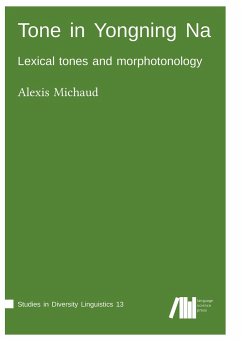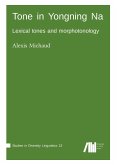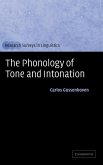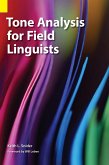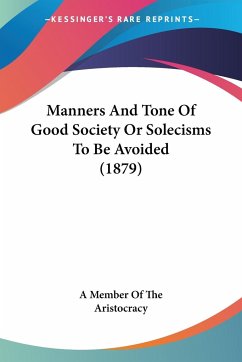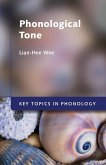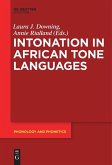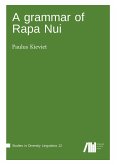Yongning Na, also known as Mosuo, is a Sino-Tibetan language spoken in Southwest China. This book provides a description and analysis of its tone system, progressing from lexical tones towards morphotonology. Tonal changes permeate numerous aspects of the morphosyntax of Yongning Na. They are not the product of a small set of phonological rules, but of a host of rules that are restricted to specific morphosyntactic contexts. Rich morphotonological systems have been reported in this area of Sino-Tibetan, but book-length descriptions remain few. This study of an endangered language contributes to a better understanding of the diversity of prosodic systems in East Asia. The analysis is based on original fieldwork data (made available online), collected over the course of ten years, commencing in 2006.
Hinweis: Dieser Artikel kann nur an eine deutsche Lieferadresse ausgeliefert werden.
Hinweis: Dieser Artikel kann nur an eine deutsche Lieferadresse ausgeliefert werden.

